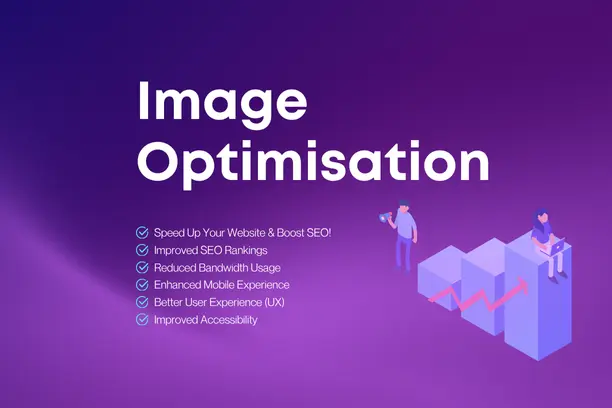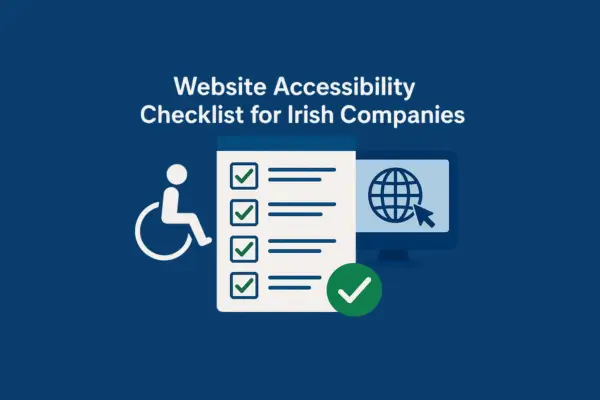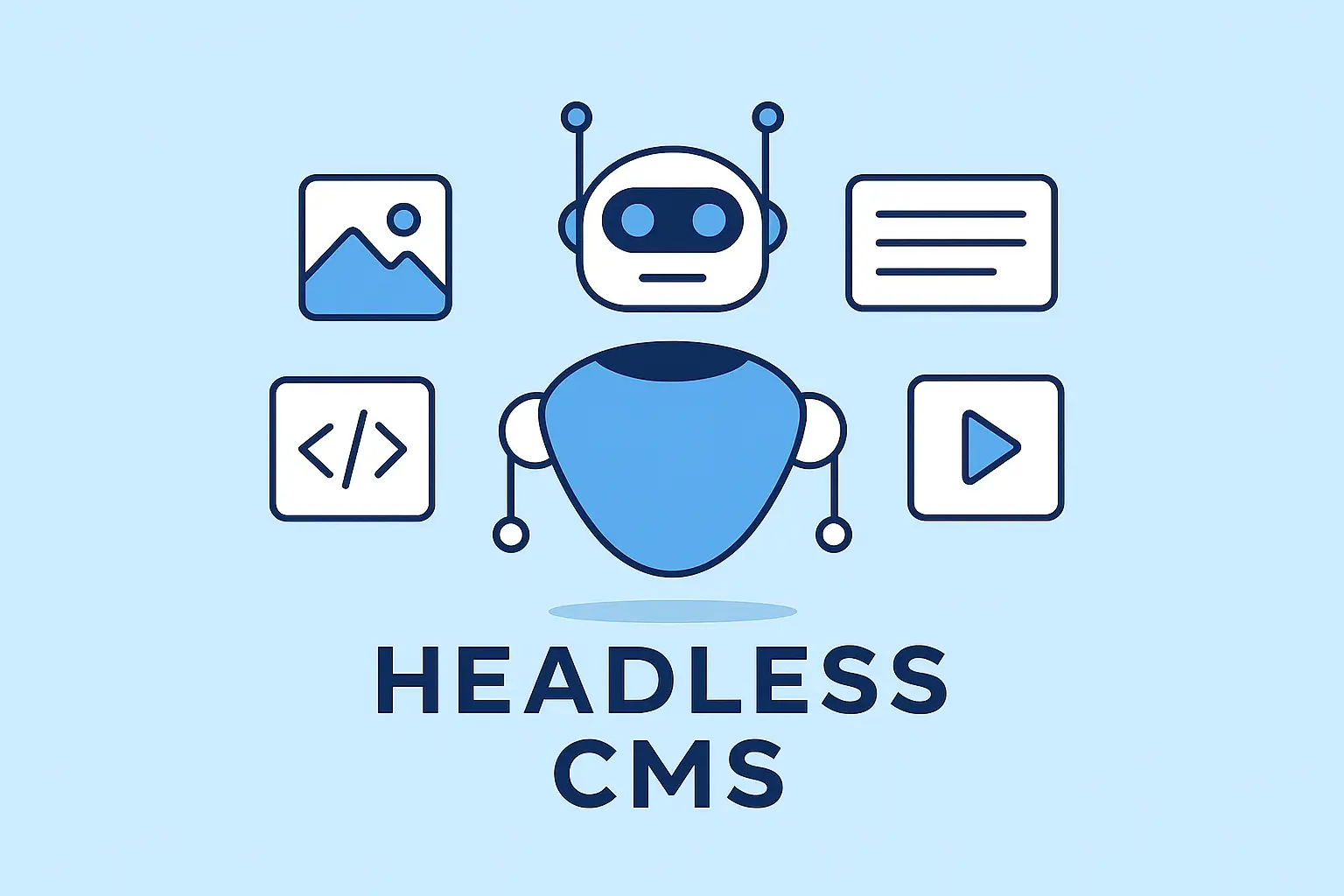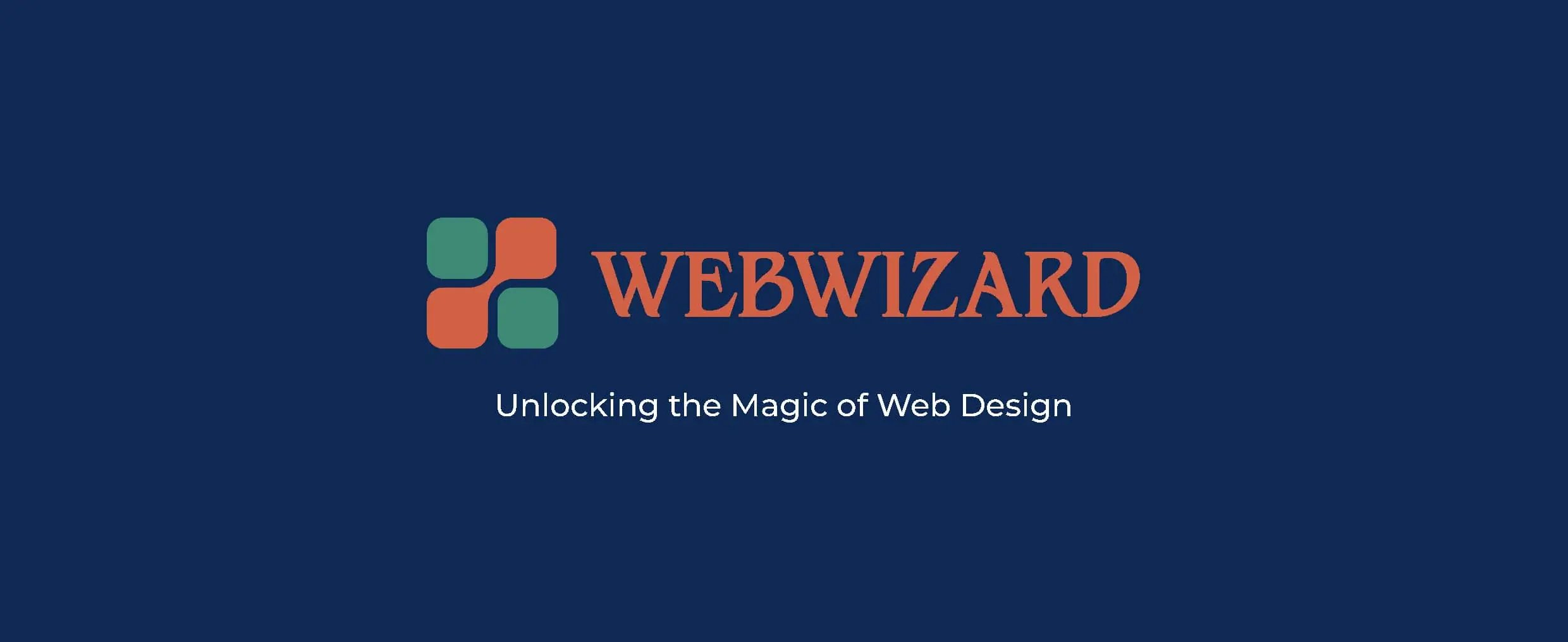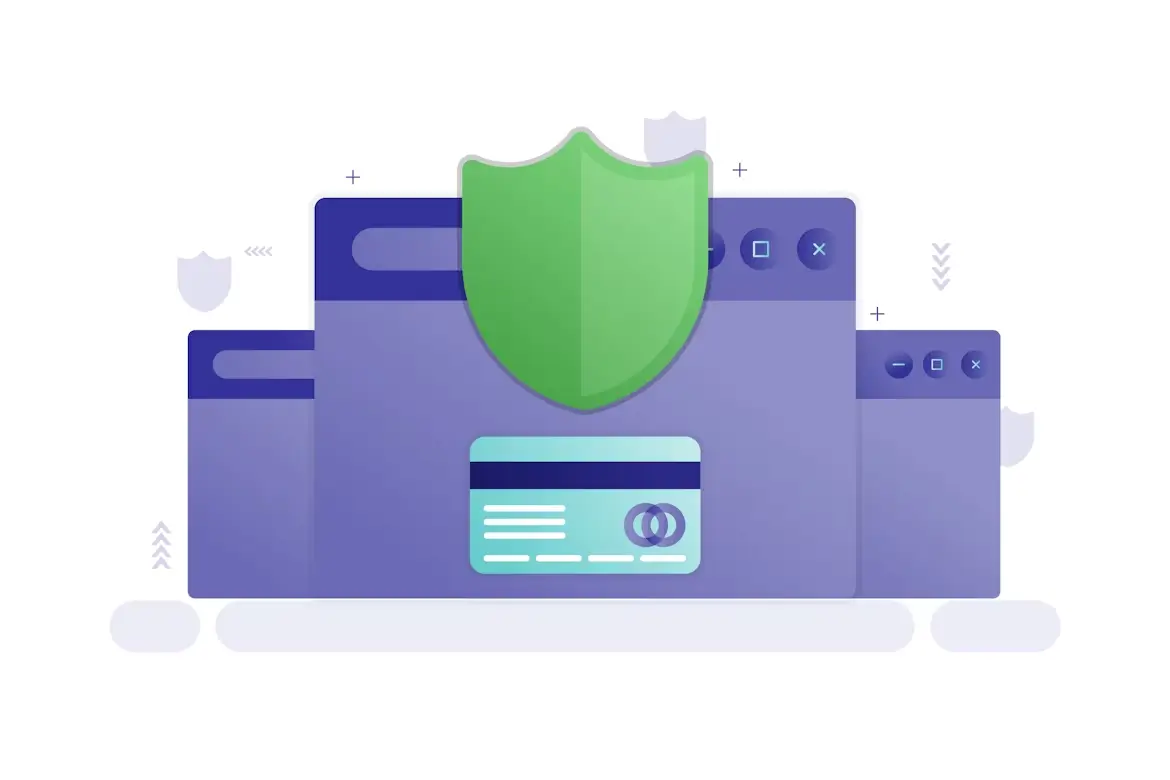In today’s digital world, visuals are everything. From product images on e-commerce sites to photos on your business blog, high-quality images help tell your story. But here’s the catch: large, unoptimised images can slow down your website, frustrate users, and even harm your SEO rankings. For Irish SMEs looking to stand out online, image optimisation is no longer optional — it’s essential.
In this guide, we’ll cover everything you need to know about optimising and compressing images, share actionable tips, and explain how Web Wizard’s Image Optimiser can make the process effortless.
Why Image Optimisation Matters for Irish Businesses
Many businesses in Ireland underestimate the impact of unoptimised images. Large images can slow down your website, affect your Google rankings, and drive potential customers away. Here are the main reasons optimising images is critical:
- Page Speed: Faster-loading pages reduce bounce rates and improve engagement.
- SEO Benefits: Google rewards websites that load quickly and efficiently.
- Mobile Performance: Mobile users benefit from smaller, faster-loading images.
- User Experience: Crisp, well-optimised visuals enhance your brand image.
Top Benefits of Compressing and Optimising Images
1. Faster Page Load Times
Large images can be one of the main reasons your website loads slowly. Optimising image file sizes without sacrificing quality ensures that pages load quickly, keeping visitors happy and reducing bounce rates.
Example: A Dublin-based boutique reduced product image sizes from 3MB to 500KB, cutting their homepage load time from 6 seconds to 2 seconds — improving both SEO and customer satisfaction.
2. Improved SEO Rankings
Google considers page speed an important ranking factor. Websites that load faster often rank higher in search results. Optimised images contribute directly to faster load times.
Tip: Use descriptive alt text for every image. This helps search engines understand your content and improves accessibility — which also benefits your SEO. Read our blog post Website Accessibility Checklist for Irish Companies for more on alt text best practices.
3. Lower Bounce Rates
Slow-loading images frustrate users. If your page takes more than 3 seconds to load, many visitors will leave. Compressed images keep users engaged and reduce bounce rates.
4. Reduced Bandwidth Usage
Optimised images use less bandwidth for both your hosting server and your visitors. This is especially important for mobile users and visitors on slower networks in regional hubs like Westmeath or Cork.
5. Enhanced Mobile Experience
With more than 60% of traffic coming from mobile devices, optimising images ensures your website is fast and responsive on all screen sizes.
6. Better User Experience (UX)
Optimised images maintain clarity and quality while ensuring fast loading. A smoother experience keeps users on your site longer and encourages interaction with your content.
7. Faster Backups and Migrations
Large images can slow down website backups and migrations. Compressed images reduce file sizes, making site management more efficient.
8. Improved Accessibility
Optimised images that include descriptive alt text help visually impaired users navigate your website with screen readers, improving accessibility for everyone.
9. Support for Modern Web Formats
Formats like WebP or AVIF provide high-quality images at much smaller file sizes. Modern browsers support these formats, which can dramatically reduce load times without sacrificing image quality.
10. Easier Integration with CDNs and Caching
Smaller, optimised images work better with content delivery networks (CDNs) and caching systems, ensuring your content loads quickly for visitors all over Ireland and internationally.
Comparison Table: Optimised vs Non-Optimised Images
| Feature | Non-Optimised Image | Optimised Image |
|---|---|---|
| File Size | 3MB | 500KB |
| Load Time | 6 seconds | 2 seconds |
| SEO Score | Low | High |
| Mobile User Experience | Poor | Excellent |
Actionable Tips for Irish SMEs
- Use the Right Format: JPEG for photographs, PNG for graphics with transparency, WebP for modern websites.
- Resize Before Uploading: Only upload images at the dimensions needed for your website layout.
- Compress Images: Tools like Web Wizard’s Image Optimiser make compression fast and easy without losing quality.
- Use Descriptive Alt Text: Helps SEO and accessibility. E.g., “Red leather handbag in Dublin store display.”
- Leverage Lazy Loading: Load images only when they appear in the viewport to speed up initial page load.
- Use a CDN: Deliver images faster to users across Ireland and globally.
- Automate Optimisation: Integrate image optimisation into your CMS workflow to save time.
- Check Mobile Performance: Test how images render and load on phones and tablets.
- Regularly Audit Your Media Library: Remove old or unused images to keep storage minimal.
- Monitor Speed: Tools like Website Performance Monitoring Tools help track improvements after optimisation.
Example: Irish E-Commerce Store
Imagine a Dublin-based boutique selling handmade jewellery. Their product pages had high-resolution images around 4MB each, slowing the site significantly. By compressing images to under 500KB and using WebP format, the store reduced page load time from 7 seconds to under 3 seconds. Conversion rates increased by 20% because visitors could browse the site smoothly, even on mobile networks.
How Web Wizard Can Help
At Web Wizard, we provide a full suite of services to optimise your website and images:
- Business Web Design – Build fast, responsive, and visually appealing websites.
- E-Commerce Development – Optimised product images for Shopify, WooCommerce, and more.
- Image Optimisation Tool – Compress and optimise images without losing quality.
- Personal Web Design – Custom designs tailored to reflect your unique personality and brand.
Conclusion
Optimising and compressing images is one of the simplest yet most impactful ways to improve your website’s speed, SEO, and user experience. For Irish SMEs, it can mean higher conversions, happier visitors, and a stronger online presence.
Start by using the right formats, resizing images, and leveraging tools like Web Wizard’s Image Optimiser. Regular audits and optimisations ensure your website continues to perform at its best.
Need help making your website faster and more visually effective? Contact Web Wizard today for a full website and image optimisation service tailored to your business.

